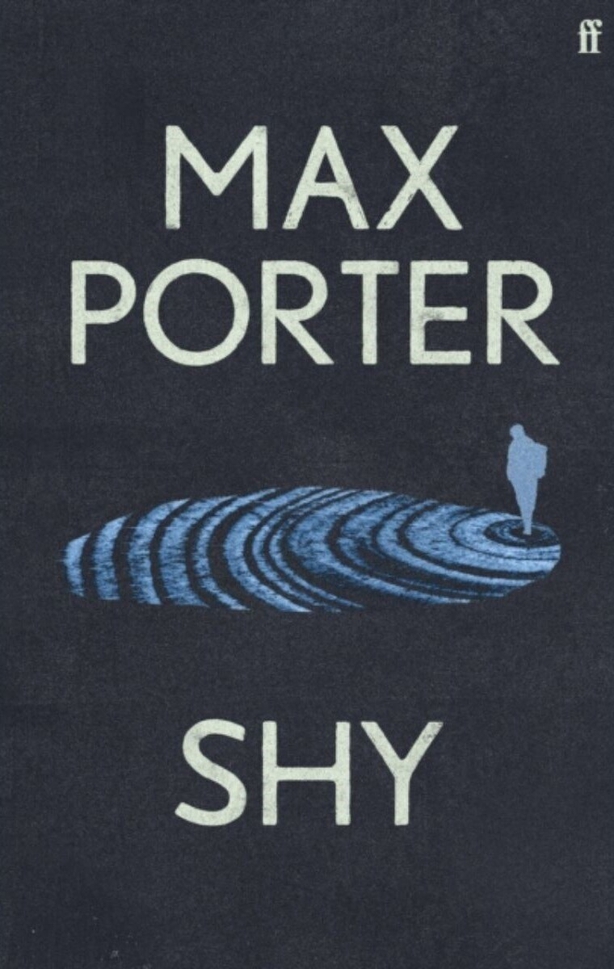There's been a lot of talk recently about the perceived dearth of masculinity in fiction, especially when it comes to representations of working-class young men.
Novels like Douglas Stuart’s Shuggie Bain, Caleb Azumah Nelson’s Open Water and Michael Magee’s Close to Home do not seem to have cut the mustard for some critics who want to see the genre more narrowly defined; with more overt overtures to stereotypical tropes about addiction, say, or the noble suffering engendered by the kind of poverty which encourages go-getters to 'pull themselves up by the bootstraps’.
Anyone would think that we hadn’t moved on from the Angry Young Men of the 1950s. It should be self-evident that the working-class young male experience is no longer adequately fulfilled by bitter-drinking men’s men protagonists. Instead, this most recent crop has sought to emphasise the complexity of manhood by weaving intersectionality, domestic politics, and—yes—even tenderness throughout their narratives.
We need your consent to load this rte-player contentWe use rte-player to manage extra content that can set cookies on your device and collect data about your activity. Please review their details and accept them to load the content.Manage Preferences
Listen: Shy - Max Porter talks to RTÉ Arena
Which brings us to Max Porter’s fourth book Shy and its eponymous protagonist; a troubled teenaged boy committed to a youth mental health facility after a string of violent confrontations, misunderstandings, and communicative difficulties at home. Porter’s trademark blend of narrative poetry, experimental typography and stream-of-consciousness lends itself well to the inner turmoil of Shy’s collapsing ego, and is often employed with devastating brevity; providing insight into the self-restricting codes that young men arbitrarily set for themselves:
[Boys] each carry a private inner register of who is genuinely not OK, who is liable to go psycho, who is hard, who is a pussy, who is actually alright, and friendship seeps into the gaps of these false registers in unexpected ways, just as hatred does, just as terrible loneliness does.
Shy’s condition makes him uniquely indisposed to negotiating this hidden code of ethics. The playful banter that characterises so much of male friendship in the book is taken to heart, and while Shy understands on an intellectual level that something like slagging is ‘flirting’s grim twin’, he seems incapable of making that final leap towards objectivity. Everything feels too personal.
Of course, this is Porter’s great trick; to suggest that while everyone in the book looks down on Shy for his apparent inability to get on with things, we as readers already know that the game is rigged. Toxic masculinity taken to its logical extreme leads to betrayal (as when Posh Cal touts to his friends about something which Shy had told him in confidence); reprisal (as when Shy slices another boy’s face open during a fight); and the repression of genuine emotion in favour of scorn (as when Shy gives a girl he’s just slept with a dead leg).
While everyone around Shy encourages him towards a socially acceptable kind of masculinity, in other words, his performance of it continually seems to repulse and horrify them; inducing what Wilde might have called ‘the rage of Caliban seeing his own face in a glass’.
Inevitably this sees Shy retreat further into himself, finding solace only in a latent passion for drum ‘n’ bass, jungle and hardstep music. It’s worth noting that while this at first seems to come from the genre’s quick BPM drowning out the voices in Shy’s head, there are also hints that it reminds Shy of the brief camaraderie he experienced with some older acquaintances at a music festival; perhaps one of the only times that his character experienced genuine tenderness and love.
There is much else to be said about how early expectations foisted upon young boys like Shy inexorably leads to trauma; how incessant entreaties to ‘man up’ in the face of extreme mental pressure exacerbates vulnerability rather than curbing it, especially during those vulnerable teenage years. But that would be to over-egg the point rather than simply encouraging you to go and read the book immediately.
Porter manages to pack so much into these brief pages that new things can’t help but present themselves long after finishing the book. This is not only a worthy successor to triumphs like Grief is the Thing with Feathers and Lanny, it might just be the author’s masterpiece. But like everything to do with Porter’s writing, only time will tell. I suspect that the full extent of its mastery has yet to reveal itself.

Shy is published by Faber


